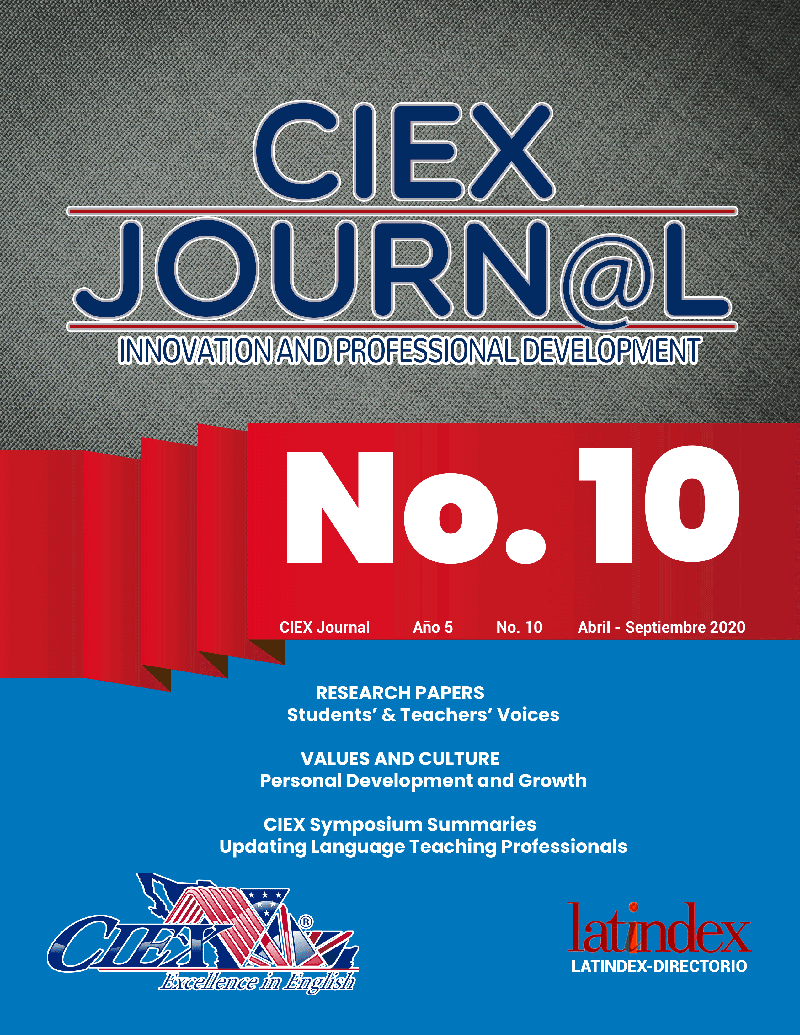The Role of Honesty in Language Learning Evaluation
Abstract
Students have their values tested on a daily basis, be it at their schools or in everyday situations. When students see an opportunity to achieve an easy “A” or 10, some may be tempted to take it, which is why they must have their values solidified. This is where parents’ roles come into play; they must be the first ones to teach their children to be honest especially when learning another language. According to Stern (2011), some parents actually contribute in their children becoming dishonest in their goal to prevent it. Children are very malleable; therefore, they must be tended to in the correct manner. Another study done by the Harvard Graduate School of Education in 2018 shows that developing strong relationships with children makes them less susceptible to become dishonest. Teachers also play an important role in teaching honesty to children once they begin going to school. In fact, since students spend most of their lives within schools, their second home can be labeled as school, which is why it is up to the teacher to promote those values. Children are like sponges that absorb everything around them, so it is necessary to guide them along the right path.
Downloads





